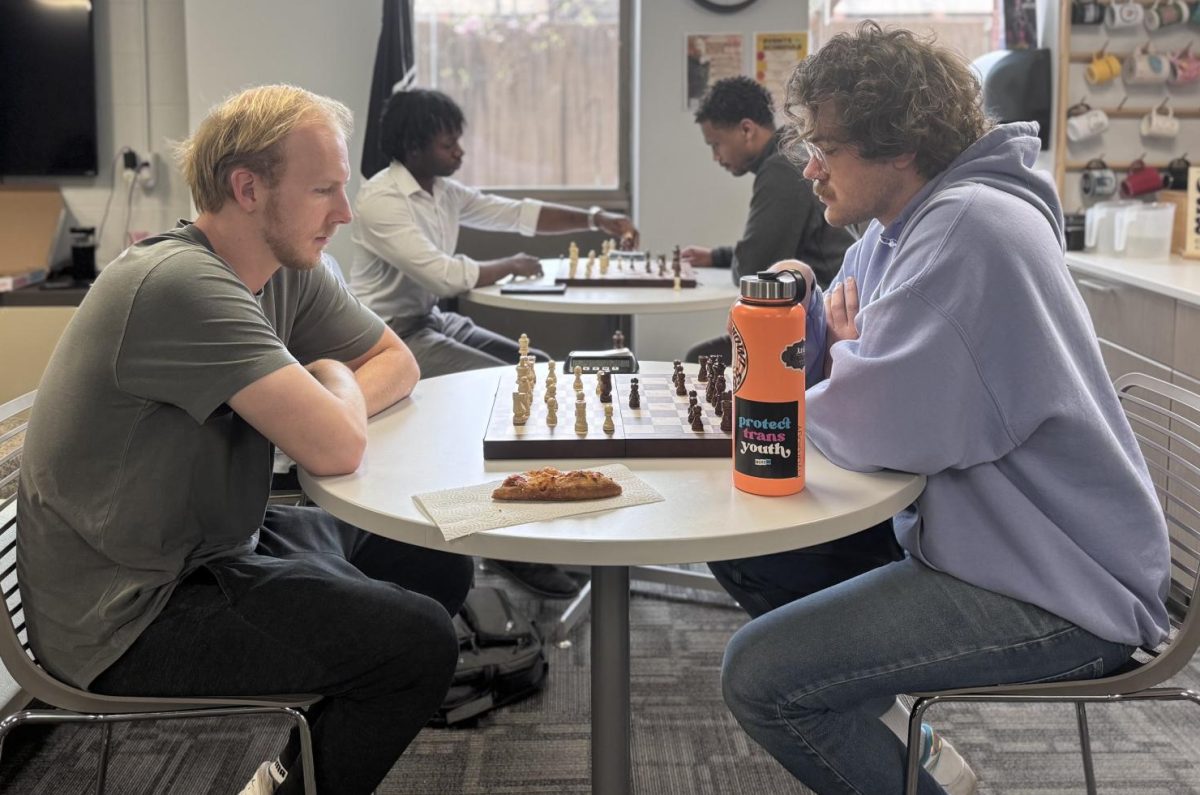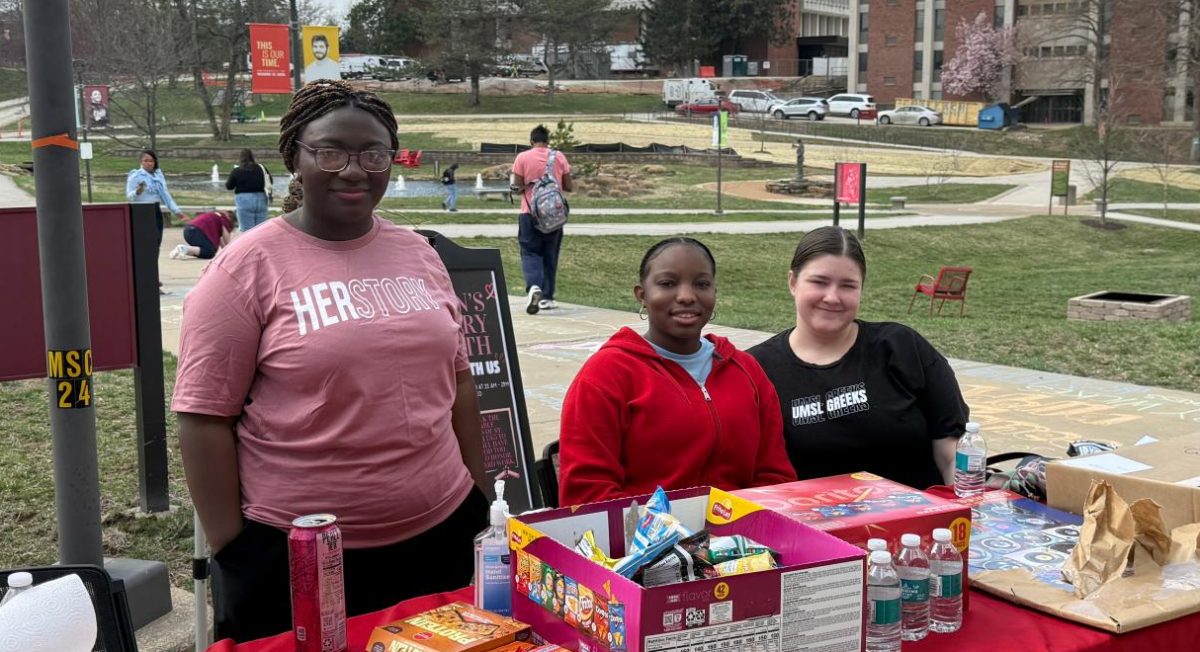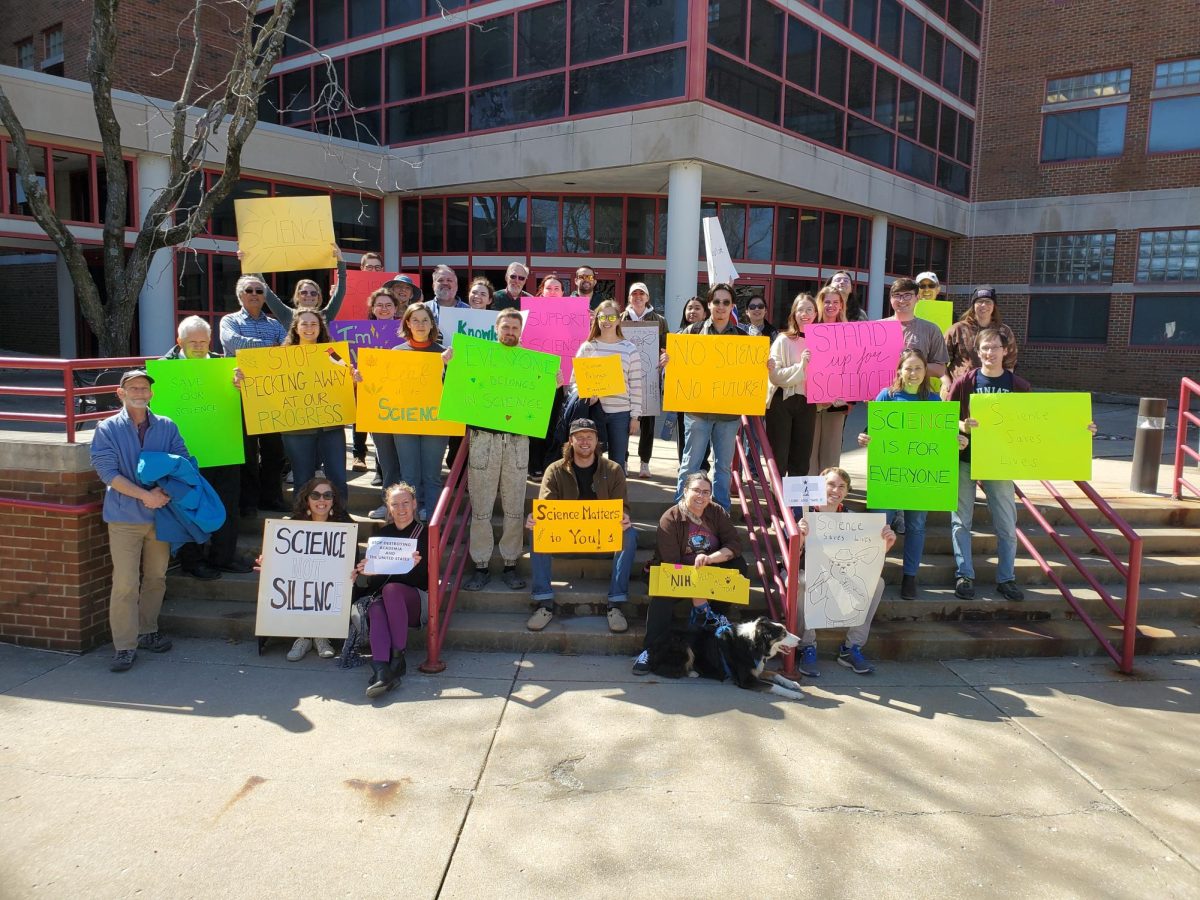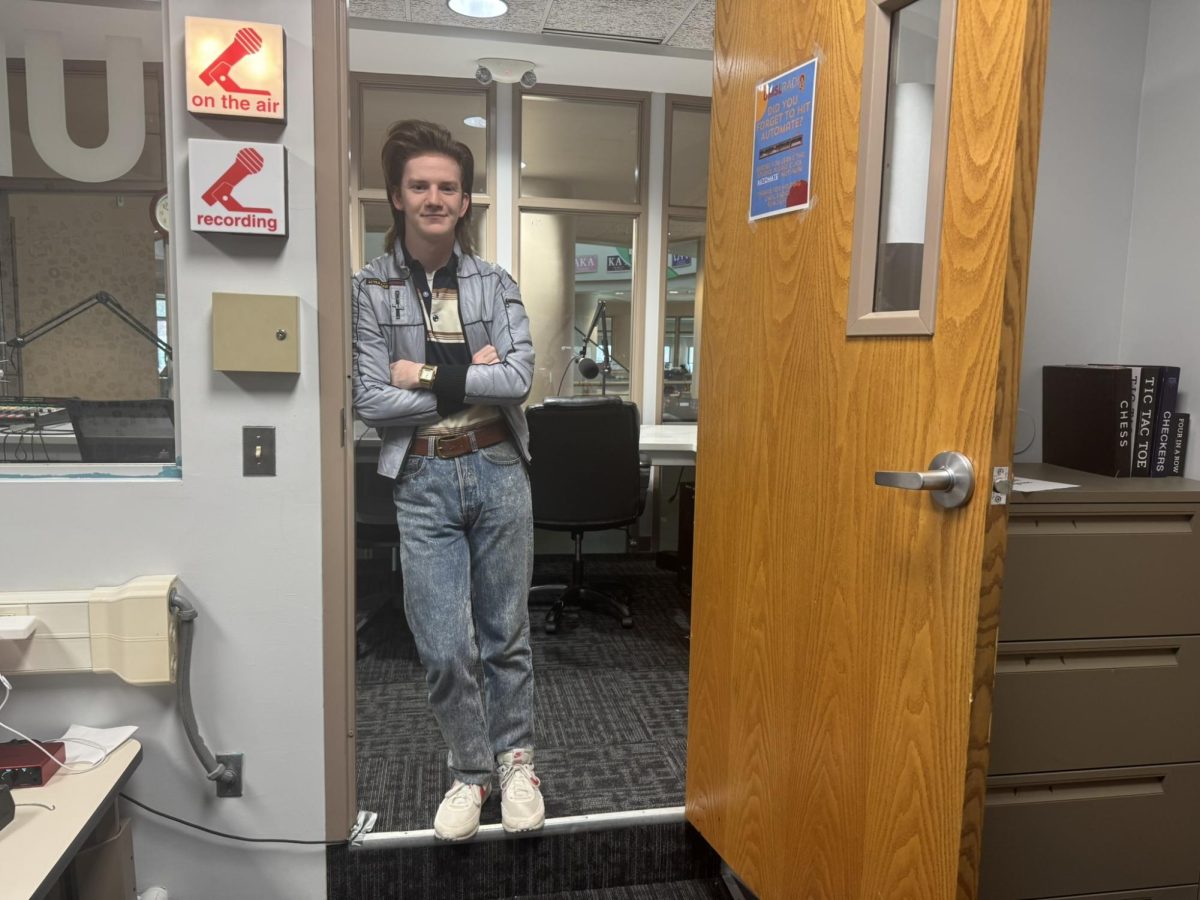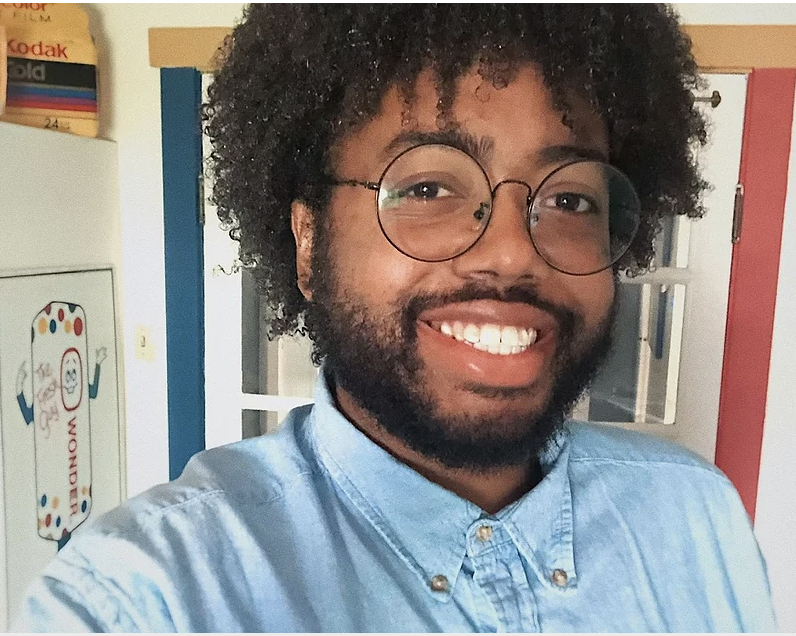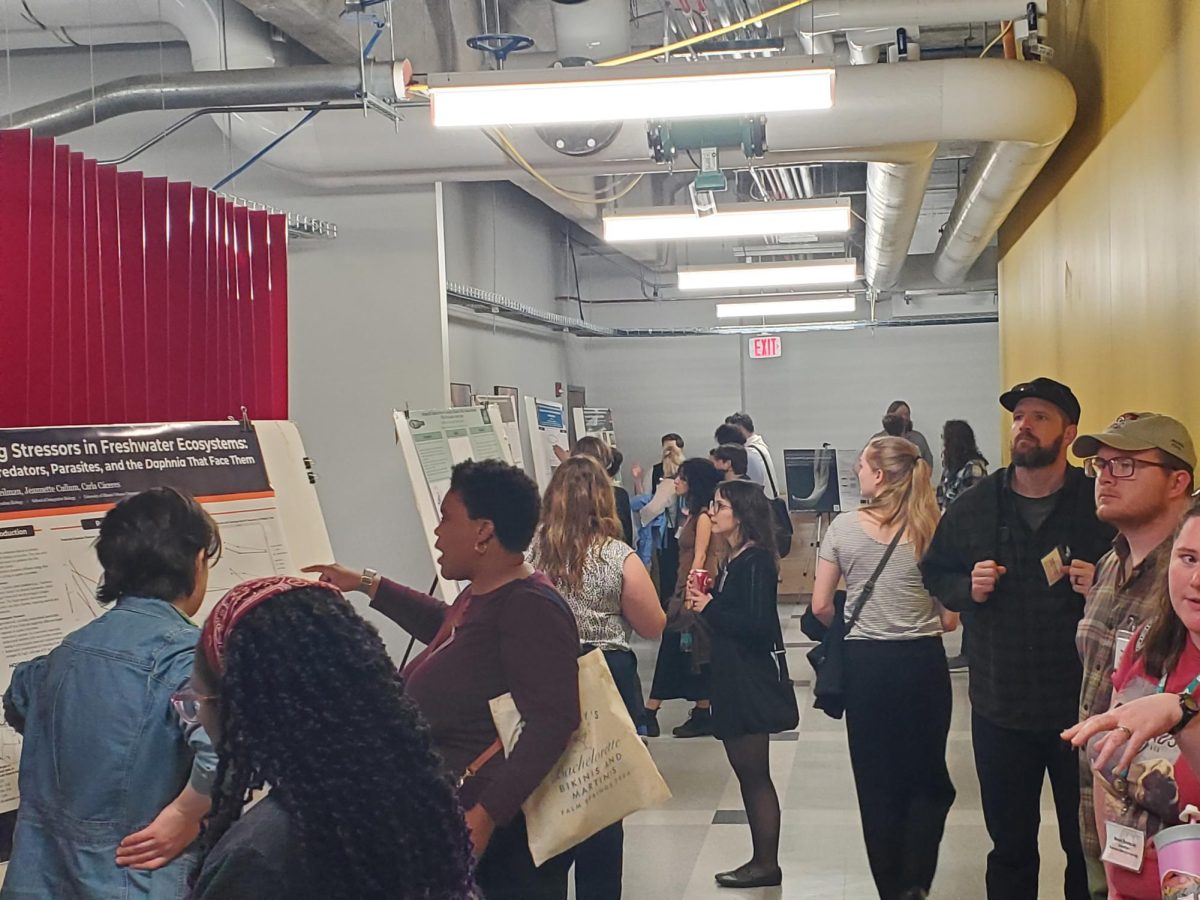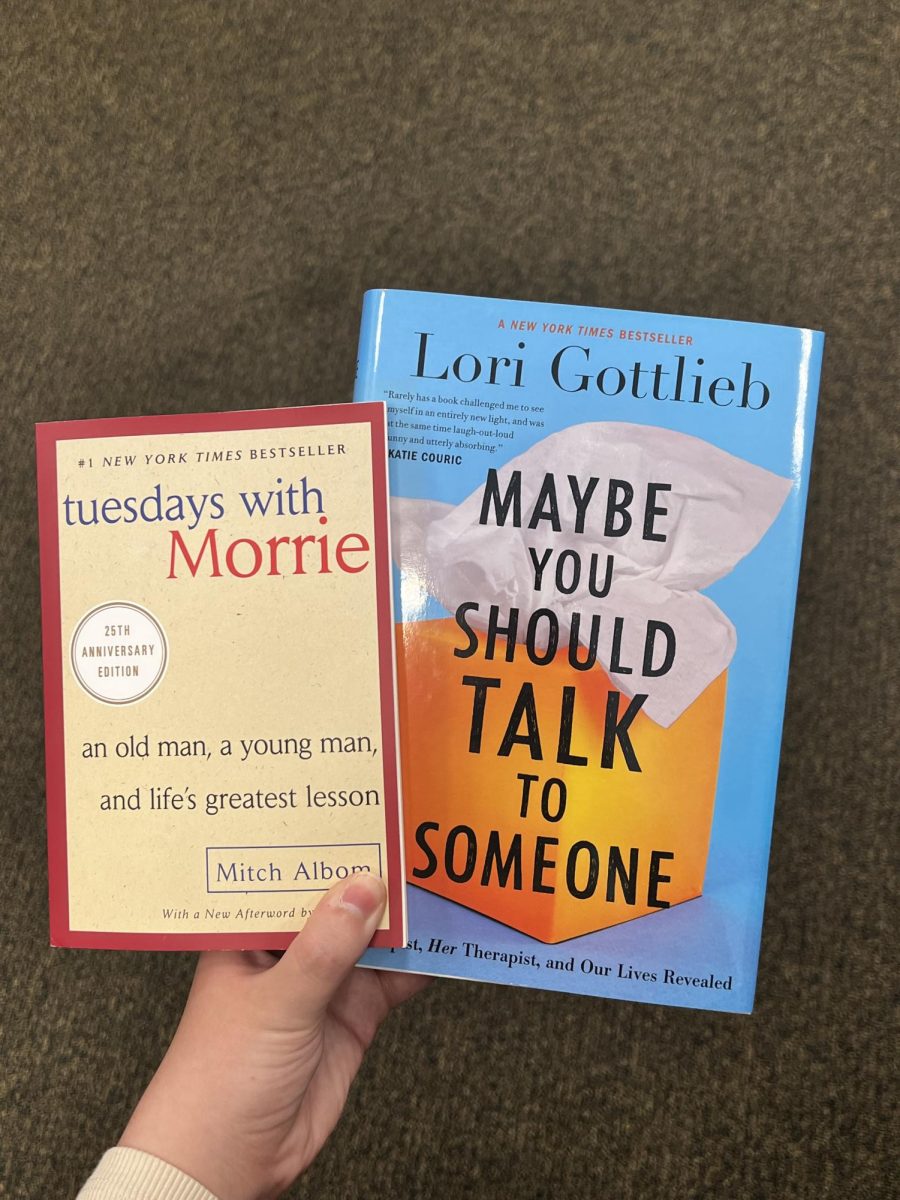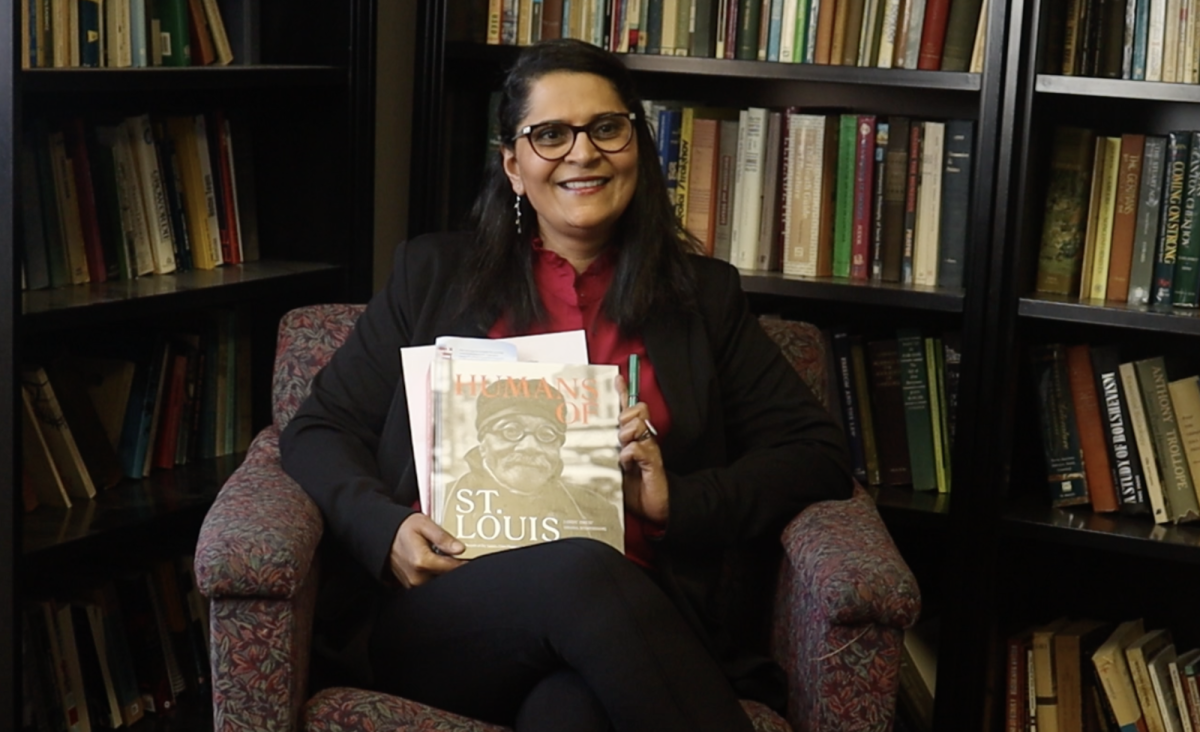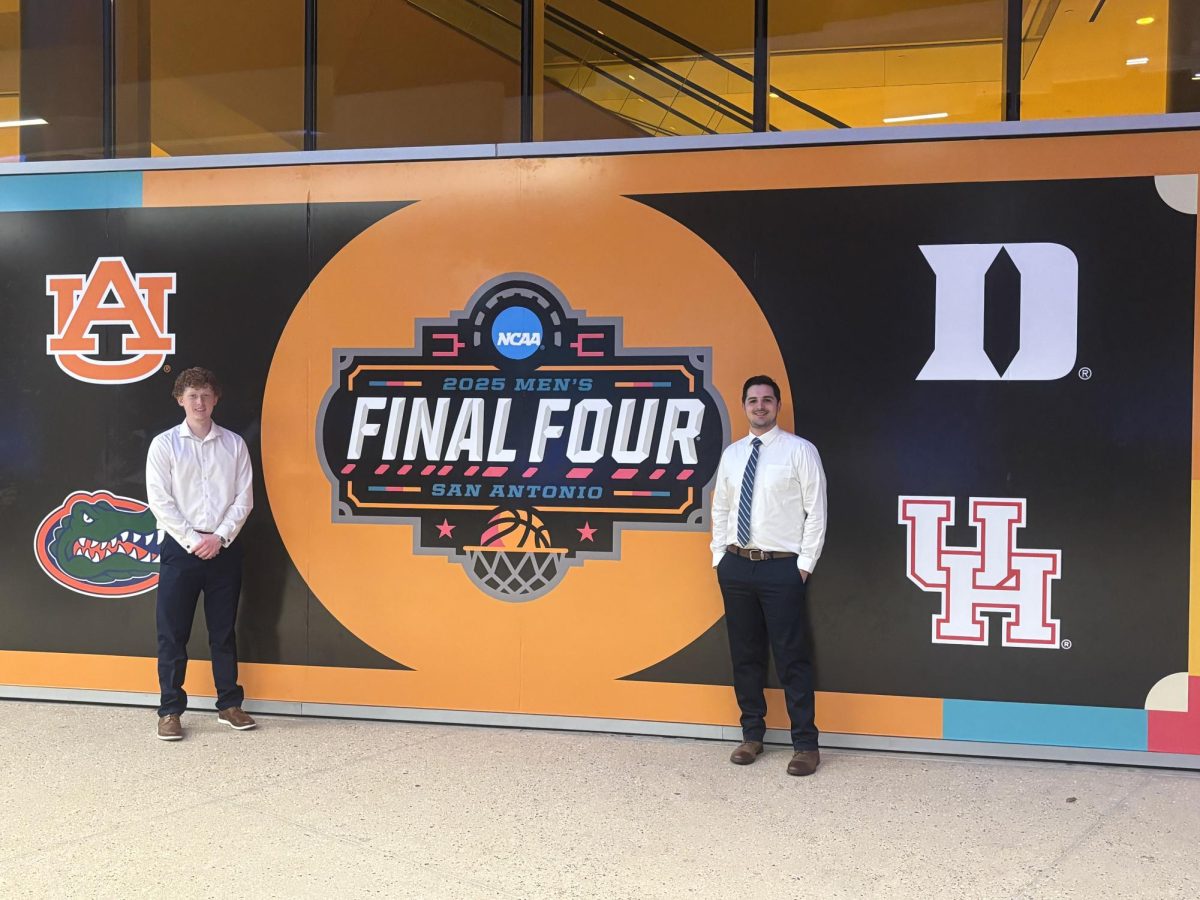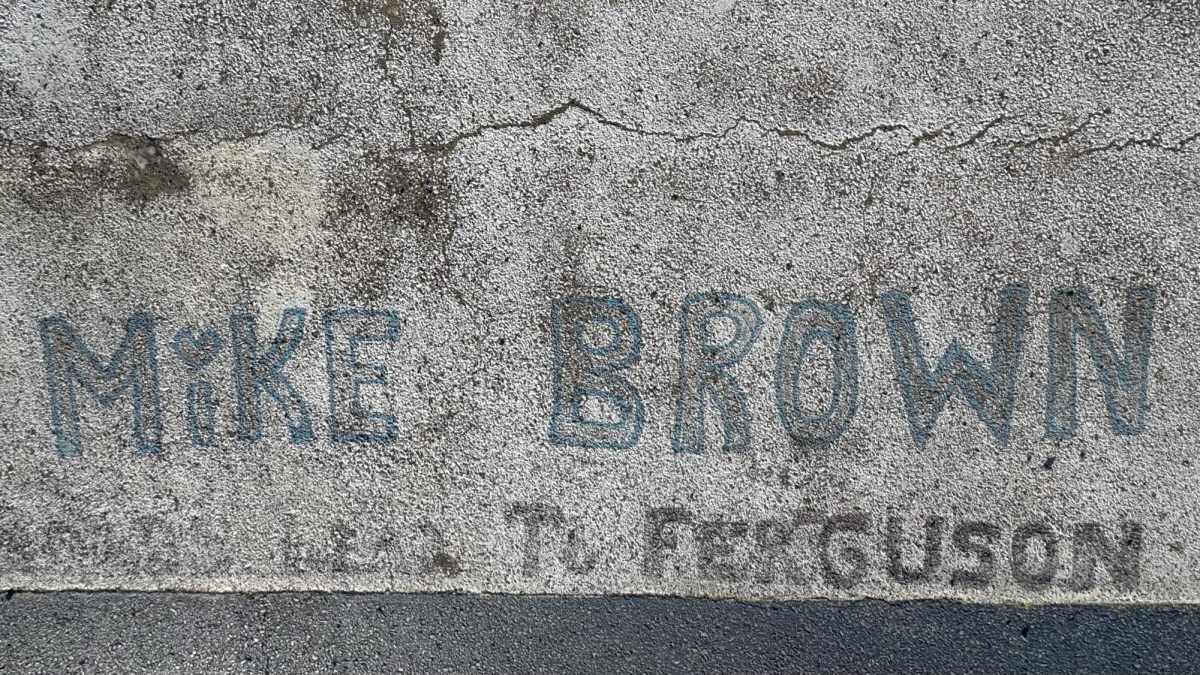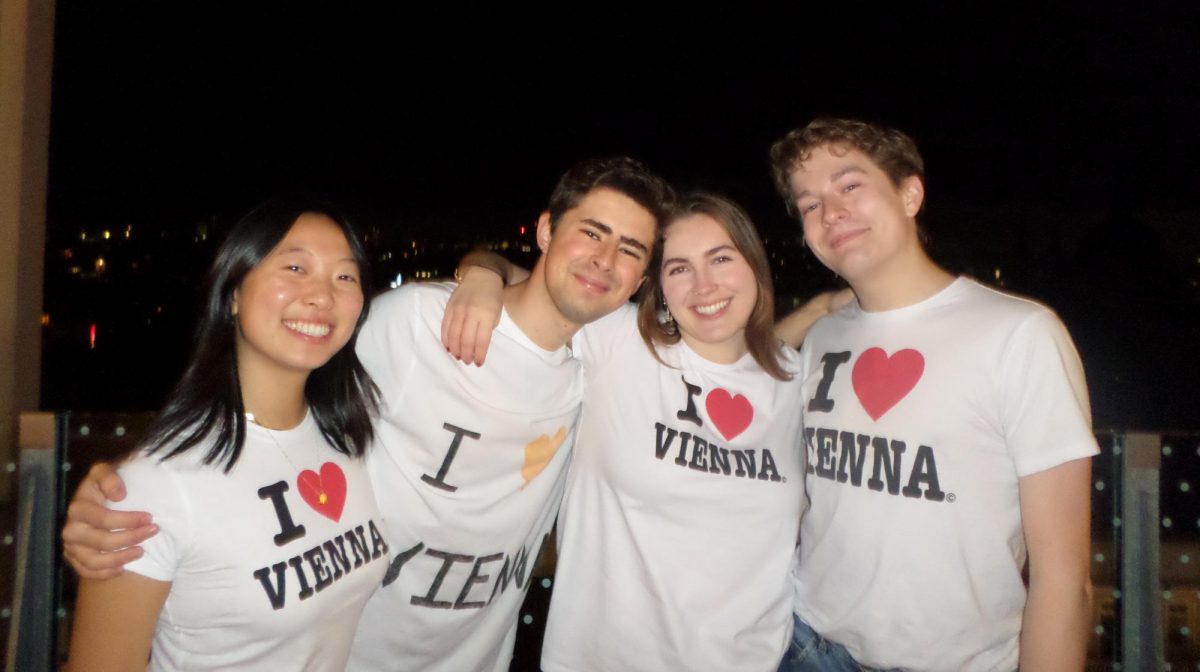As Artificial Intelligence advances rapidly, the conversation around it has also evolved. Instead of dismissing Artificial Intelligence entirely, many jobs and industries are now using Artificial Intelligence tools to supplement and support the existing human workforce.
What is Artificial Intelligence? The Oxford English Dictionary defines Artificial Intelligence as “software used to perform tasks or produce output previously thought to require human intelligence, especially by using machine learning to extrapolate from large collections of data.” With the integration of Artificial Intelligence within our daily lives, it is common to come across it daily. If you have performed a Google search recently, you may have noticed a new feature titled “AI Overview,” which summarizes search results into a small paragraph using Artificial Intelligence. Many of the tools we use daily, such as navigation apps, social media applications, facial and fingerprint recognition and autocorrect all use some form of Artificial Intelligence. With Artificial Intelligence making its way into our daily lives, it only makes sense that it has started to push the boundaries within education.
The history of Artificial Intelligence starts with Alan Turing in the 1930s. Turing was a British mathematician and logician who is credited with creating the earliest substantial work in the field of Artificial Intelligence. The goal of Artificial Intelligence was to solve problems and perform tasks that were difficult for humans, or tasks that humans do repetitively.
Today, Grammarly is one of the most popular Artificial Intelligence programs that advertises as a tool for students. Grammarly corrects grammar, spelling, and punctuation errors along with helping students rewrite sentences for clarity. In addition to spell check, students can now ask Grammarly for help brainstorming ideas from specific prompts, which can help explore potential counterarguments.
Another popular Artificial Intelligence tool for students is ChatGPT. Developed by Open AI, ChatGPT is a conversational Artificial Intelligence tool that can answer questions and provide prompts when asked. Both Grammarly and ChaptGPT have been hot topics of discussion on college campuses.
A junior at the University of North Georgia was recently put on academic probation after using Grammarly to aid with an English essay. According to Best Colleges, 51 percent of college students agree that using Artificial Intelligence tools, such as ChatGPT, is considered cheating or plagiarism, but one in five students admit to using Artificial Intelligence tools anyway.
Generally, when it comes to using Artificial Intelligence in the UMSL classroom, the professor makes the ultimate decision. Unauthorized use of artificially generated content is considered academic dishonesty when it gives unauthorized assistance to students’ work that is not theirs. The UMSL Student Standard of Contact states that unauthorized use of artificially generated content includes “the use of artificial intelligence tools or other tools that generate artificial content in taking quizzes, tests, examinations, or other assessment without permission from the instructor.” The UMSL Student Standard of Contact also defines unauthorized use of artificially generated content as “submitting work for evaluation as one’s own that was produced in material or substantial part through the use of artificial intelligence tools or other tools that generate artificial content without permission from the instructor.”
The UMSL Student Standard of Contact acknowledges and approves the use of artificially generated tools such as spelling or grammar-checking software. It also endorses the use of software that proposes anticipated words or phrases as long as it is not contrary to instructions from the instructor.
When examined closely, most UMSL academic dishonesty procedures for artificially generated content are left to the professor’s discretion. While some professors may encourage students to use Artificial Intelligence tools within the classroom, others may have a strict no artificially generated content policy for the course. With new technology constantly appearing in a rapidly evolving field, it is difficult for universities to have a universal Artificial Intelligence policy that covers all fields of study.
One of UMSL’s own professors is making innovative Artificial Intelligence tools for student use. Associate Professor Dr. Badri Adhikari, in conjunction with other UMSL professors, developed a Google Chrome extension for Google Docs called Gdoc Process Feedback. The extension pulls the edit history of a Google Doc, and by using Artificial Intelligence, creates a detailed writing report that students can use to self-reflect on their writing process. The extension details breaks taken during the writing process, typing fluency and time allocated to revisions when compared to content creation.

“My primary goal of creating the tool was not mainly for academic integrity. That happens to be a side effect. It’s more than that. It’s actually a wonderful self-reflection tool that can help you develop critical thinking skills and self-awareness. As a result, it also happens to promote academic integrity and transparency,” says Dr. Adhikari.
Dr. Adhikari supports UMSL policies on artificially generated content. “I think the easiest thing to do in the current context is letting teachers choose, and that’s good. Ideally, that is where we should start and I think we are doing it right. I think it’s very important that teachers understand how Artificial Intelligence works and what it exactly does. So many people have these initial judgments about how Artificial Intelligence works and what it does, and oftentimes, that’s wrong.”
Like other technological advancements, Artificial Intelligence is another tool for students to use to support their education efforts. Generative Artificial Intelligence is projected to be a $1.3 trillion market by 2032, so it is not going anywhere. The struggle for students and universities alike boils down to defining what is acceptable uses of artificially generated content. As Artificial Intelligence grows in complexity, attitudes and procedures from universities regarding artificially generated content will continue to change as well.


